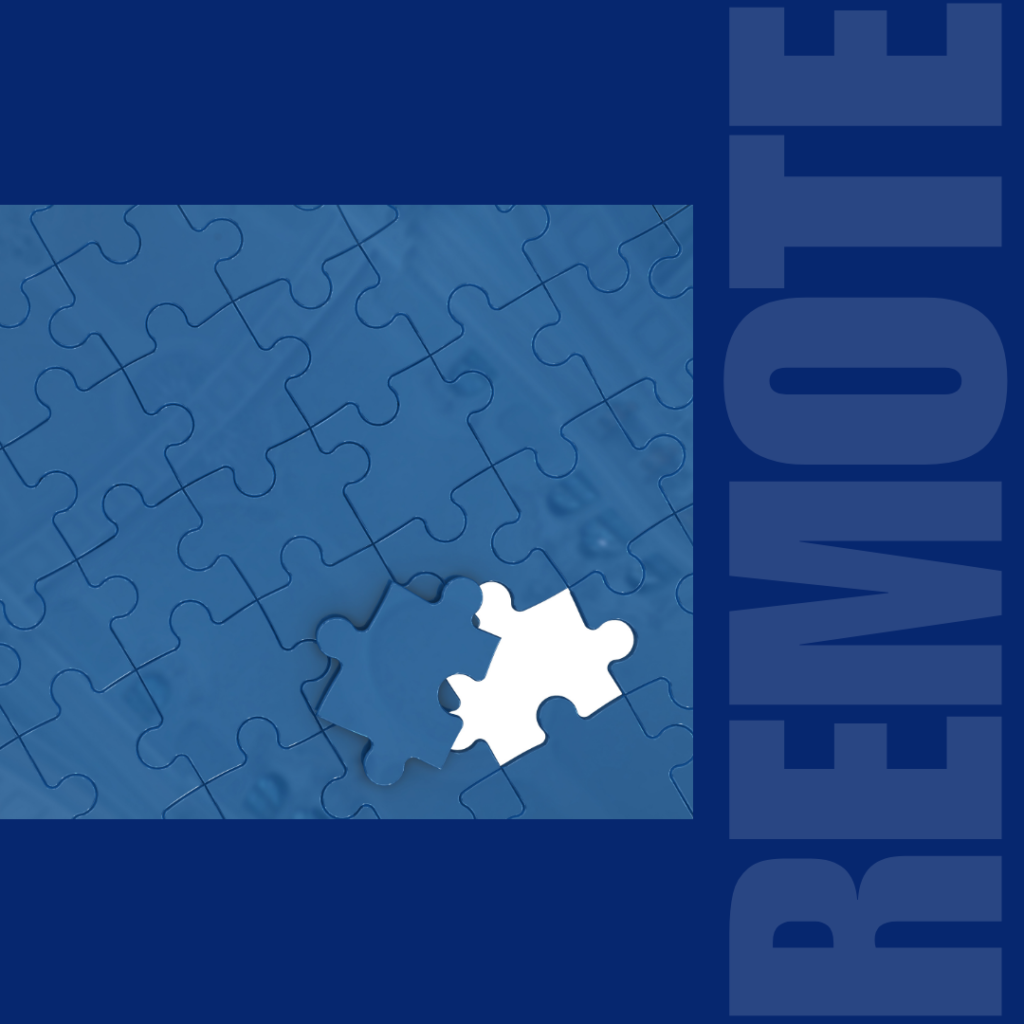
Modern Challenges in Recruiting
Recruiting has changed significantly in recent years но many companies still face common challenges that make finding and hiring the right talent difficult
One major challenge is the talent shortage Many industries struggle to find candidates with the necessary skills and experience especially in fast growing fields like technology and healthcare
Another problem is the high competition for top talent Qualified candidates often have multiple job offers and companies need to act quickly and offer attractive packages to secure them
The recruitment process itself can also be a hurdle Lengthy hiring procedures and poor communication can frustrate candidates and cause them to lose interest or accept other offers
Diversity and inclusion have become important priorities but many organizations find it difficult to create unbiased hiring processes and attract candidates from different backgrounds
Remote work trends introduced new challenges in recruiting such as assessing candidates virtually building trust without face to face interaction and managing distributed teams
Employer branding plays a key role in attracting talent Companies with weak or unclear employer brands may struggle to generate interest from potential applicants
Technology adoption is another challenge Some companies rely on outdated tools or fail to use recruitment software and data analytics that could improve efficiency and candidate experience
Finally candidate expectations have evolved Job seekers now value flexible work arrangements, career development opportunities, and company culture more than ever before
Addressing these modern challenges requires a strategic approach combining technology, people centric processes, and clear communication Companies that adapt quickly can build stronger teams and stay competitive in the evolving job market
